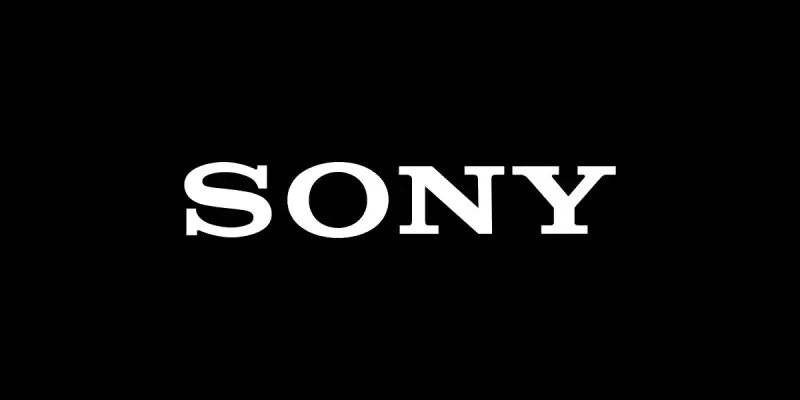 |
|
 |
|
 |
|
 |
|
 |
|
 |
|
 |
|
 |
|
 |
|
 |
|
 |
|
 |
|
 |
|
 |
|
 |
|
暗号通貨のニュース記事
Heka Funds Manager Doesn't See MicroStrategy as a Threat to Bitcoin, Stresses Concentrated BTC Ownership Is Normal
2025/01/10 03:26

In 2023, Protos interviewed Fabio Frontini, the fund manager of Malta-based Heka Funds. Heka is one of the biggest Tether whales, and with its Elysium Global Arbitrage Fund, it arbitrages tether (USDT) by buying and selling around its intended $1 peg.
We recently interviewed Frontini again, this time about the latest developments in crypto, including the effect of MicroStrategy’s (MSTR) historic acquisition spree of 447,470 bitcoins (BTC) – 2.2% of the world’s circulating supply.
We began by asking Frontini whether he thinks MicroStrategy poses a structural risk to the BTC market.
“That is a very good question!” he said. “We are trying to dig into MicroStrategy to understand if an arbitrage is possible given the MSTR shares look particularly expensive compared to the value of the underlying BTC but at the moment it is not a clear-cut trade.”
He added, “Generally speaking, their position is very significant indeed. However, in the past, we have always seen very large holders of BTC, such as GBTC, and now Fidelity or BlackRock ETFs.
“There will always be volatility if anything happens to them, but not to the extent that it would impact the ecosystem, which appears capable of withstanding significant volatility events.”
Frontini’s response is significant for at least two reasons.
Not interested in arbitraging MicroStrategy’s bitcoin premium
First, it’s notable that even a sophisticated capital manager able to deploy hundreds of millions of dollars into a well-practiced arbitrage trade doesn’t have confidence that MSTR shares are overvalued relative to MicroStrategy’s BTC holdings.
For context, MicroStrategy currently trades at a 94% premium to its $42 billion worth of BTC holdings. The arbitrage opportunity seems obvious: shorting the $81 billion MSTR counterbalanced with a long BTC position, aiming to capture the deterioration of MicroStrategy’s exuberant 1.94X multiple over time.
However, Heka Funds doesn’t seem interested in this alluring trade.
At a 0% yield, MicroStrategy’s $1.75bn convertible note is currently priced as being more risk-free than every tenor on the US Treasury curve.
Investors are demanding a negative risk premium from the company that is literally just using their money to smash buy bitcoin. pic.twitter.com/UbeNuoZbYI
Curiously, MicroStrategy founder Michael Saylor has been able to attract so much attention to his common stock that MSTR once traded above a 3.4X multiple to his BTC holdings — as recently as November 2024.
Any multiple expansion from today’s 1.94X — and certainly as extreme as 3.4X — would obviously be devastating to a fully hedged arbitrageur aiming for that multiple to decline.
Traders bid up the price of MSTR because they believe Saylor will be able to continue to use financial engineering to attract volatility bond buyers to fund accretive BTC acquisitions for many months to come.
Traders also think that Saylor will be able to unlock value from the world’s largest corporate BTC treasury through other investment banking products, such as loans, derivatives, or other BTC-backed offerings.
Concentrated ownership of bitcoin is normal
Second, Frontini’s perspective is notable for its confidence in BTC’s resilience. Frontini seemed mostly unconcerned about the impact of MicroStrategy, or even larger custodians like Blackrock, Fidelity, and Grayscale, on the Bitcoin ecosystem.
Given his years of experience in the crypto sector, he recognizes that ownership of BTC has always been concentrated with a small number of large custodians.
This was as true in Bitcoin’s early MtGox days as it is in the modern Binance, Coinbase, or MicroStrategy days. Large custodians have always concentrated ownership of BTC wallets, yet the network has remained resilient for over a decade.
Because Frontini understands that control of coins doesn’t necessarily indicate control of the network — miners append data to Bitcoin’s blockchain, and node operators validate consensus rules — he’s not concerned about MicroStrategy posing a systemic risk to the crypto ecosystem.
MicroStrategy is powered by its #Bitcoin treasury operations.
We sell volatility through our ATM offerings, strip BTC risk, volatility, and performance from our fixed-income securities, and transfer that performance to our $MSTR equity holders. pic.twitter.com/QedCazsrsN
Away from MicroStrategy, Protos asked Frontini about other topics, including Tether.
Other market insights from Heka Funds
In 2023, Heka’s Funds, including a BTC fund, held total combined assets of more than €1.8 billion and had an increase in net assets of approximately $372m.
Protos asked Frontini how he achieves
免責事項:info@kdj.com
提供される情報は取引に関するアドバイスではありません。 kdj.com は、この記事で提供される情報に基づいて行われた投資に対して一切の責任を負いません。暗号通貨は変動性が高いため、十分な調査を行った上で慎重に投資することを強くお勧めします。
このウェブサイトで使用されているコンテンツが著作権を侵害していると思われる場合は、直ちに当社 (info@kdj.com) までご連絡ください。速やかに削除させていただきます。




























































